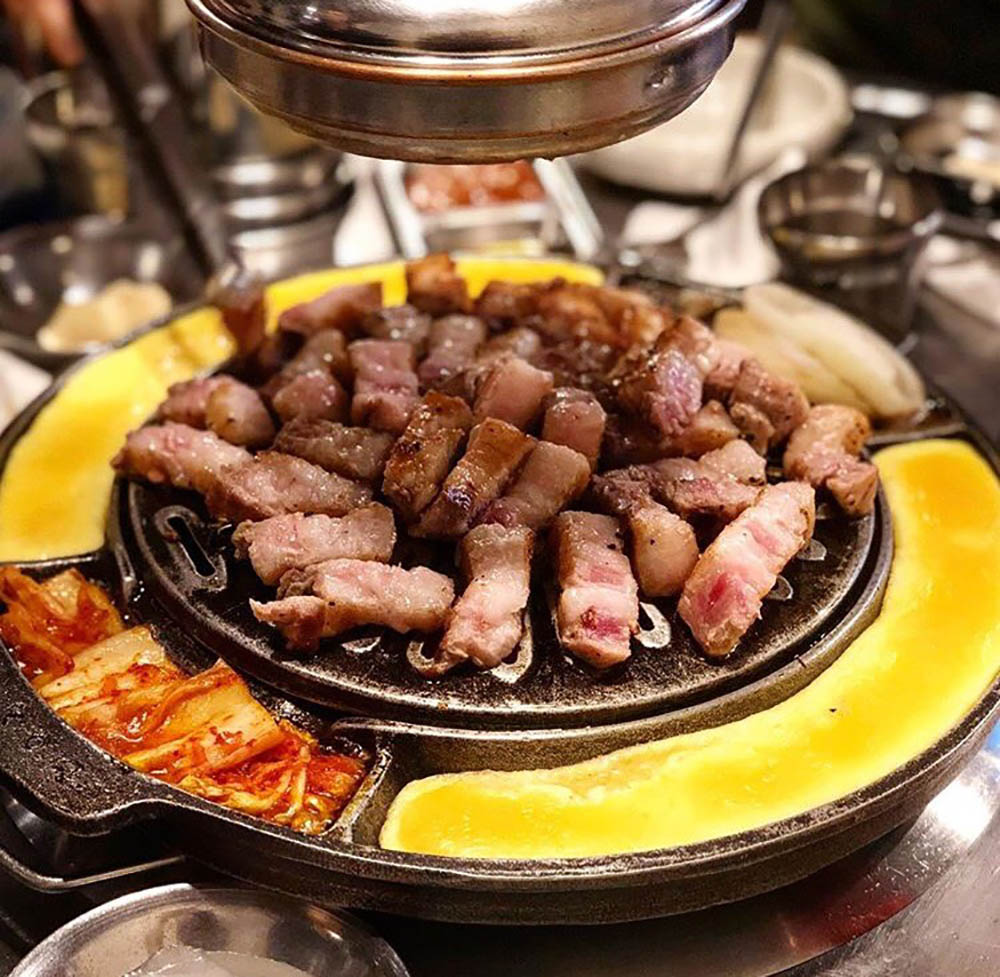By Epoch Newsroom
Sincerity, trustworthiness and honesty among people create peace of mind and promote relationships of trust. These values form the foundation of a sustainable, peaceful and harmonious society, and constitute the basis for a nation’s survival. In this series, Epoch Times delves into the significance of truthfulness.
Why Do You Think Truthfulness Is Important?
“Some people cheat because of their financial situation. But I think life is easier if you are truthful. Truthfulness is a moral value. Life will be bitter, but if you choose to be truthful, you will have a peace of mind.” – Muresh Bharti, Bus Captai
“I think truthfulness is important, because if you are truthful, you are trustworthy and people are willing to make friends with you. If you aren’t truthful, nobody will befriend you.” – Canaan, Student
“I think Singaporeans are generally honest. Truthfulness is extremely important. Truthfulness is one of the core values and foundation of building trust within a family. Truthfulness is important for a country’s political and social stability.
Everyone must be truthful in order to have a harmonious and peaceful society. When truthfulness is practised in families, it will trigger truthfulness in the community and (at the) national level. It goes round in a circle.” – Christine Cheong, Housewife

The Chinese character 真 (zhēn), also written as 眞 (zhēn), stands for truth, genuineness, and reality, and being authentic, right, accurate, or correct. It also refers to the qualities of being pure, honest, sincere, or divine. According to the first comprehensive Chinese etymological dictionary, ‘Shuo Wen Jie Zi’, (說文解字), 眞 depicts an immortal transforming and ascending to heaven. This meaning can be seen from the character’s components. The L-shaped radical at the top refers to transformation or change. 目 (mù) in the middle is the character for “eye”. The L-shaped radical 乚 around the eye means to hide, to be unseen, or even to disappear. And 八 at the bottom refers to a vehicle of transportation, indicating the means by which the immortal ascends to heaven. It is said that cultivators seeking to achieve the Tao, or the Buddhist concept of enlightenment, strives to返本歸真 (fǎn běn guī zhēn), meaning to return to his or her original true self. A cultivator seeks to ultimately become a ‘true person’ or 真人 (zhēn rén), through cultivation. It requires one to speak the truth, behave truthfully, and be a truthful person. Read the unabridged version: https://goo.gl/CdG0HE |
The Ancient Chinese Understanding of Sincerity and TrustworthinessBy Dazhuang, Clearwisdom.net
Lao Zi said in Dao De Jing, “Those who make promises casually are not trustworthy.” He meant to remind people that we need to be careful with what we promise and be even more earnest when handling important matters. Some people casually agree to other people’s requests without thinking things through. Later, they actually aren’t able to do it and even forget about it. How can these people be trustworthy? Therefore, when we make promises, we must give careful consideration and only do what we truly can. When we promise something to others, we should do what we say. A promise is priceless. Confucius also repeatedly spoke about the issue of sincerity and trustworthiness. He said, “For those without trustworthiness, it is not known how they can survive.” Confucius said, “When we are with our friends, we must keep our word.” In ancient China, the relationship between friends, between the emperor and his officials, between siblings, and between a husband and wife, are the five most fundamental relationships in human society. Being sincere and keeping one’s word is a minimum condition for friendship. Those who disregard their promises are despised.
People and nations need to be sincere and trustworthy. Otherwise, they will have no future. If a ruler doesn’t care about being sincere and trustworthy, he or she will lose people’s trust and support. In other words, without trustworthiness, a person or a nation would not be able to survive. In regards to sincerity and trustworthiness, Guan Zi, another famous ancient scholar in China, said, “Those people who are not sincere about doing business should not do business; those who are not credible in their skills should not make a living off their skills; those who are not determined in working in the area of agriculture should not be farmers; and those who are not trustworthy should not be officials.” When doing business, ancient Chinese people always said, “We won’t deceive our customers, whether they are kids or senior citizens.” They tried to be sincere when doing business. Guan Zi’s words remind people in all walks of life about the need to be sincere and strict with ourselves. We need to treat others with sincerity and we should not deceive others, since deceiving others is deceiving oneself. His last point is that officials need to be sincere and trustworthy. Otherwise, they are not qualified to serve the court. Read the unabridged version: https://goo.gl/a5XmcF |
















